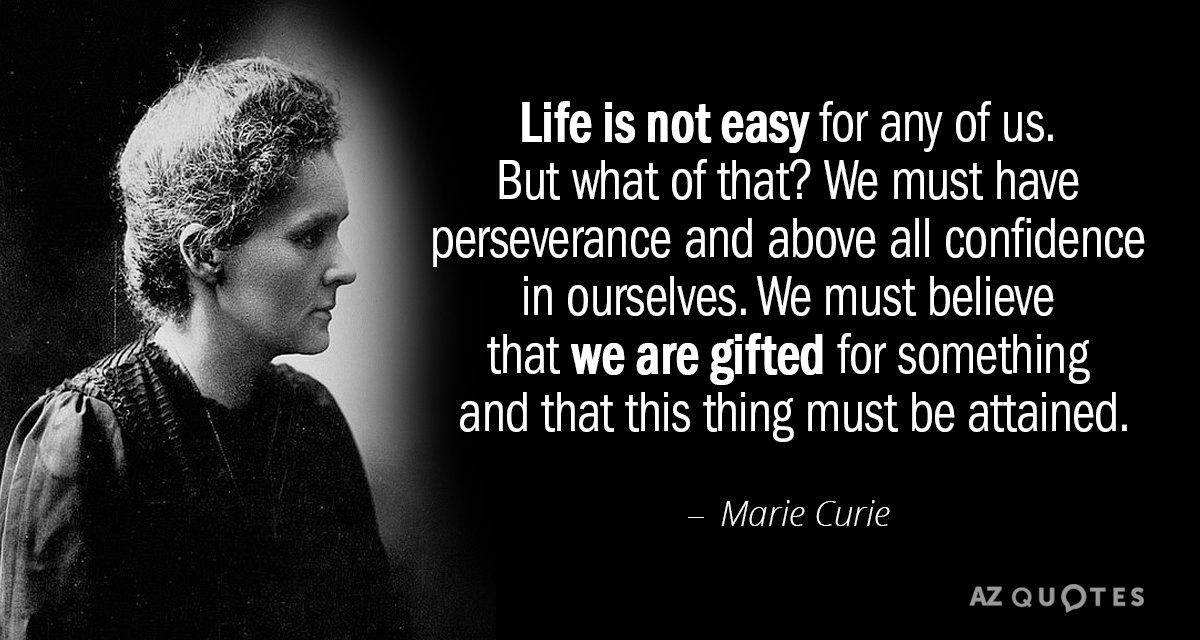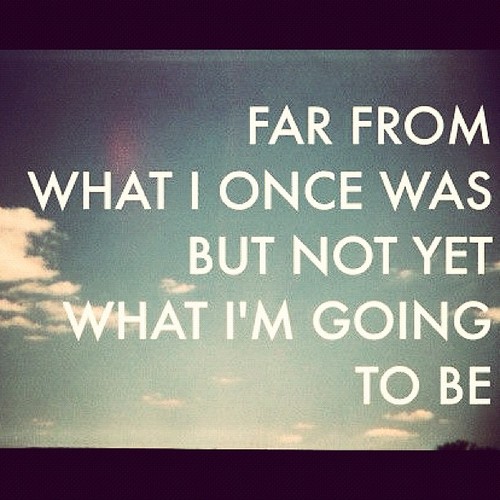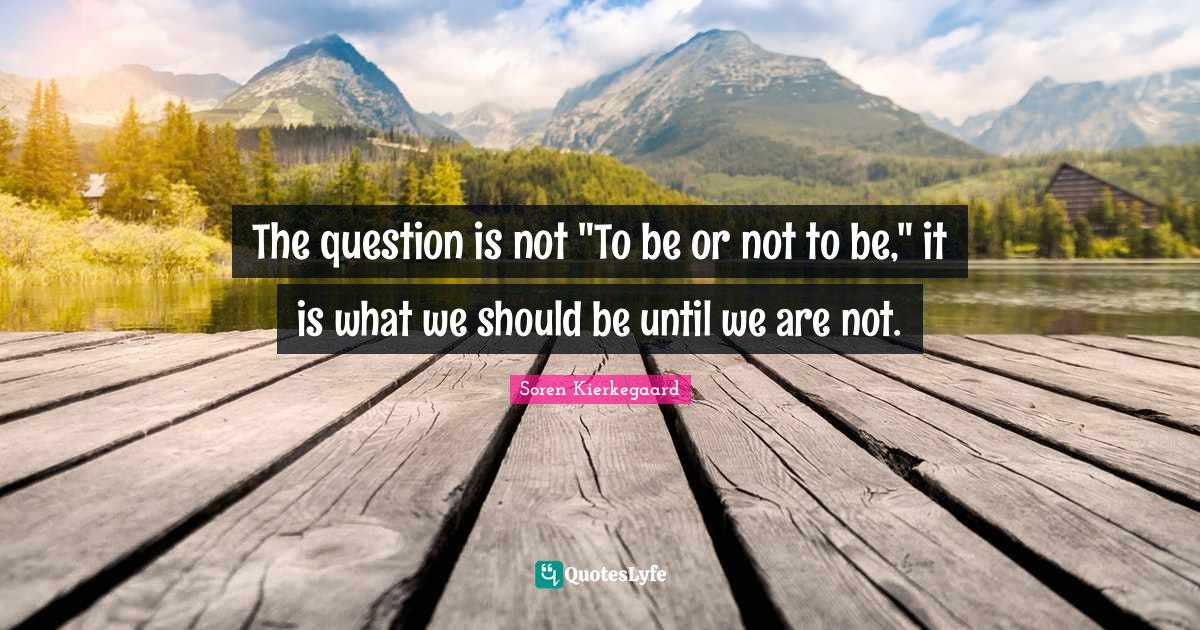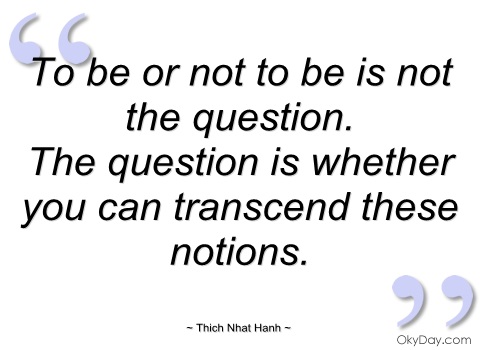
More and by a sleep to say we end The heart-ache and the thousand natural shocks

Or to take arms against a sea of troubles,Īnd by opposing end them? To die: to sleep No The slings and arrows of outrageous fortune, Whether ’tis nobler in the mind to suffer To be, or not to be, that is the question,

Let’s take a look at the speech and break it down: Hamlet Monologue Act 3 Scene 1 (Original Text) We have witnessed Hamlet’s lengthy delay and inaction, and finally once he has made a decision, (the play’s the thing) just when the audience think’s he is about to finally to take action, Hamlet’s next move is to deliver us this speech all about the fear he is experiencing of actually taking action. This speech comes at an unexpected time within the play. Which word do we stress? What is the deepest possible meaning of the line? Check out this skit from the Royal Shakespeare Company featuring some of the best Hamlet’s the world has seen: “To Be or Not to Be” Shakespeare Live! | From the Archives | Great Performances on PBS
To be or not to be quote how to#
There is an age old debate over how to say this most famous of lines. He is primarily concerned with taking action, whether that action is to end his own life or avenge his father or both is up to the individual performer. The ‘be’ in the line can be substituted for any number of words: to live, to exist, or to act to name a few possibilities. The line, “To be or not to be” should not simply be translated as “To live or to die”. This may indeed be something he is considering, but that issue is only one of his many problems, and to play the speech with only this in mind restricts us to a surface-level performance.

Often when this speech is referenced it is overly simplified, stating that Hamlet’s conundrum is whether or not he should end his own life. “The play’s the thing, wherein I’ll catch the conscience of the King!”Īll these factors contribute to the ‘sea of troubles’ which Hamlet speaks of in this speech. If his uncle reacts suspiciously to this scene, Hamlet will have his proof: How will he get the proof he seeks? He’ll stage a play to be performed for the King, and the play will feature a scene depicting a murder nearly identical to his Father’s. So Hamlet needs some hard and fast proof to see for himself. The ghost may in fact not be his father’s spirit it might be an evil banshee trying to trick him. Right before this speech, Hamlet has come to a decision. Hamlet cops a lot of flack from modern scholars for his lack of “action” like a typical revenge tragedy hero, (think of the character Maximus from Gladiator) but come on, give the guy a break! One could argue he’s actually being quite rational about his approach he is taking his time and searching for the right decision to make. It’s a recipe for a solid head spin if you ask me. Oh, and the cherry on top, his dead father’s ghost has demanded that Hamlet avenges that murder. Yep, the same Uncle his Mother is now married to. And who was he murdered by? Hamlet’s Uncle – Claudius. He is facing several obstacles: he is grieving the death of his father he is questioning the hasty remarriage of his Mother he is disgusted by his mother’s decision to marry his father’s brother (an incestuous act by his morals) and if that wasn’t enough, his deceased father has returned to Hamlet as a ghost and told him that he did not die from natural causes. It’s fair to say that Hamlet is going through a lot at this point in the story. The speech happens in Act 3, Scene 1 of the play.

This article is going to help you unlock Hamlet’s famous “To be or not to be” soliloquy from Act 3 Scene 1. This speech does require careful analysis, but with an understanding of what Hamlet is going through at this point in time and the argument he is having with himself, we can access the thoughts and emotions he is experiencing. Alright, let’s do it! Let’s tackle arguably the most famous and frequently quoted speeches in not only Shakespeare’s canon but in all western literature.


 0 kommentar(er)
0 kommentar(er)
